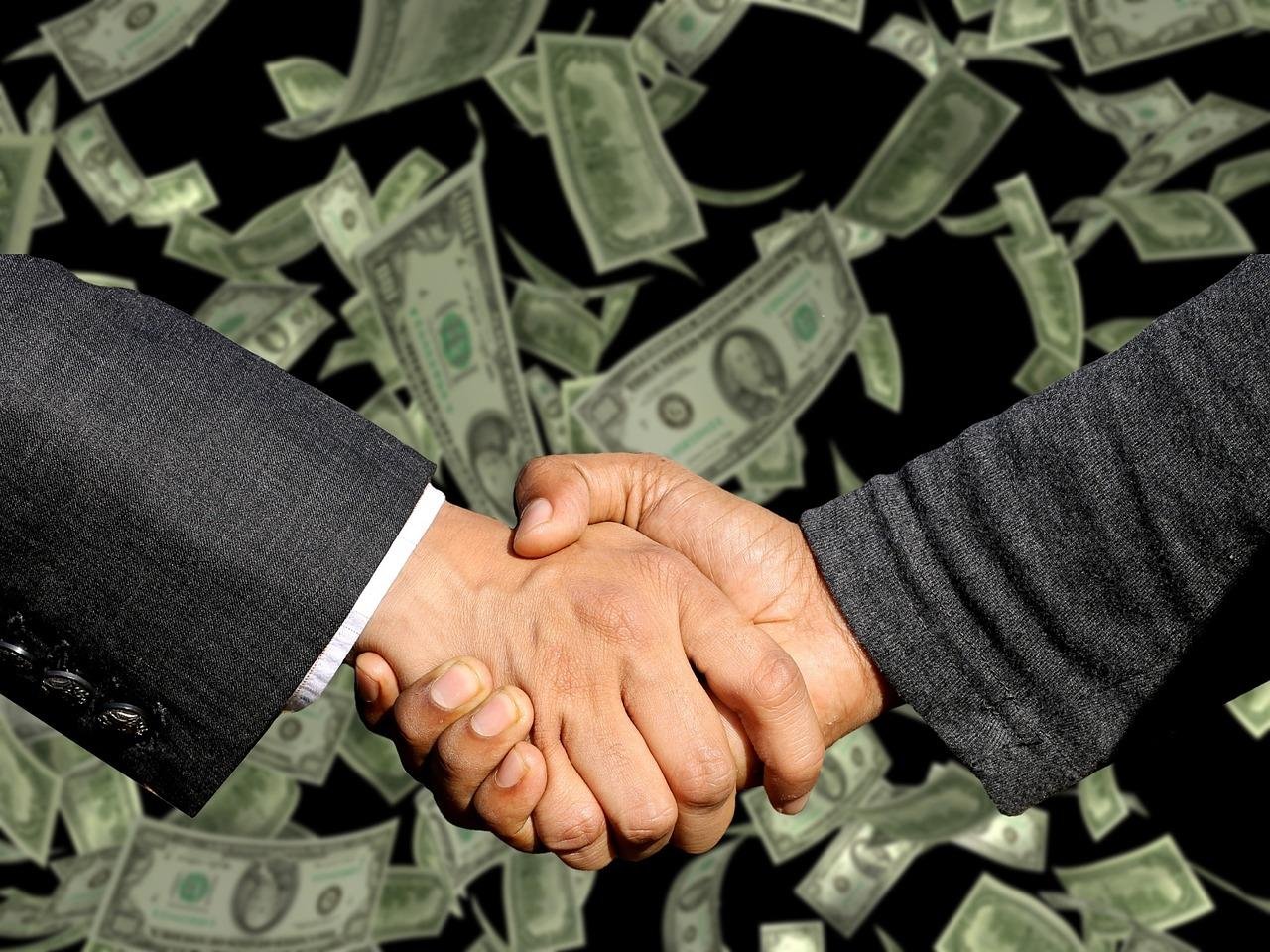Business
Koch Network’s Mega PAC Unleashes Massive Cash Flow for 2024 Elections

The Koch network’s leading organization, Americans for Prosperity, marks 20 years of influencing U.S. elections. In this period, the group has established a significant presence, with its hybrid super PAC ranking third in external spending for the 2024 campaign cycle.
Since its inception, Americans for Prosperity Action has allocated over $257 million to support conservative congressional and presidential candidates. The organization is recognized for advocating reduced government spending, opposing collective bargaining, and limiting regulatory measures.
As of early August 2024, Americans for Prosperity’s super PAC has reported $62 million in spending to support Republican candidates, alongside $10 million aimed at opposing former President Donald Trump. Despite statements promising bipartisan collaboration after Trump’s election, there have been no financial contributions towards Democrat candidates in the current cycle.
Legal precedents such as Wisconsin v. Right To Life (2007) and Citizens United v. FEC (2010) have facilitated the rise of “dark money,” allowing entities like Americans for Prosperity to raise and spend unlimited funds without revealing donor identities. Currently, approximately 20% of funding for Americans for Prosperity Action comes from undisclosed sources. Significant contributions have also been received from the Stand Together Chamber of Commerce, another Koch-affiliated dark money entity.
Charles Koch, founder of Americans for Prosperity and a prominent figure in the Koch network, has a substantial personal fortune, ranking as the 24th richest individual globally with an estimated net worth of $67.8 billion as of August 2024. His company, Koch Industries, has additionally contributed $25 million to Americans for Prosperity Action this year. Heirs to the Walmart fortune, Alice and Jim Walton, have also made notable donations.
Though the identity of many donors remains undisclosed due to the hybrid PAC’s reliance on dark money, the organization has emerged as a crucial supporter for Nikki Haley during the 2024 presidential election, spending over $31 million on her campaign during the GOP primaries. A memo from Americans for Prosperity highlighted Haley’s perceived viability against Trump.
In contrast, Ron DeSantis’s presidential campaign criticized the financial backing provided to Haley, suggesting it benefits Trump indirectly. Furthermore, Americans for Prosperity has spent considerable funds, about $10 million, to oppose Trump, alongside over $9 million directed against President Joe Biden, who has since passed his campaign responsibilities to Vice President Kamala Harris.
Political contributions from Americans for Prosperity employees reflect the organization’s conservative stance, with $150,000 directed towards Republicans and only $286 to Democrats since 2010. The organization also engages actively in lobbying efforts, employing 28 different lobbyists since 2014.
Last year alone, Americans for Prosperity’s lobbying expenditures exceeded $1.9 million, setting a new record. The lobbying efforts in 2023 focused on various legislative matters, with activity registered on approximately 131 bills.
Key lobbying issues have included immigration-related legislation, such as the Protecting Children of Long-Term Visa Holders Act and the DIGNIDAD Act. Americans for Prosperity expressed concern over Congressional shortcomings in immigration policy, stating, “Congress’s failure to strengthen our border and streamline lawful migration pathways has undermined the rule of law.”
Beyond lobbying, the Americans for Prosperity Foundation has also played a role in judicial proceedings, filing numerous amicus briefs in key cases. In the past year, the foundation filed 23 briefs, with 14 involving the Supreme Court. Recently, it contributed an amicus brief for the case No On E v. Chiu, challenging the requirement for political advertisers to disclose donors’ donors, arguing this could infringe on First Amendment rights.
These activities exemplify the organization’s robust engagement in the political landscape, highlighting its influence in shaping policy and elections across the United States.


















